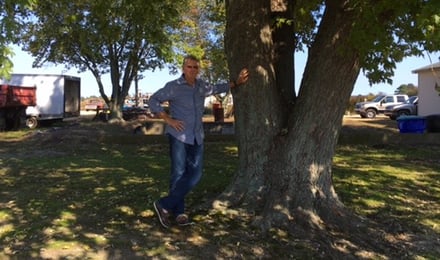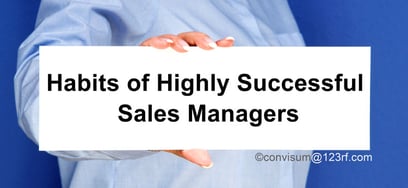“We are what we repeatedly do. Excellence, then, is not an act, but a habit.” – Aristotle
About six weeks ago, I developed a new habit: not blogging. It started small. One day I skipped a post, then another, and before I knew it, a month had passed. That habit of not blogging settled in quickly.
The same thing happens with exercise. I will stick with a routine for months, but when life interrupts, the habit of skipping workouts takes over. Recently, my wife Linda asked me to promise her I would get back to the gym. I kept that promise, and in the past week I have been active almost every day. Already I feel better about doing the right thing and rebuilding a good habit.
Sales habits work the same way. They either move you closer to your goals or pull you further away. The difference is your level of commitment.
Why Sales Habits Matter
As an educator by degree, I learned early on that behaviors and habits are shaped by rewards and consequences. Developing effective sales habits follows the same pattern.
-
Good habits contribute to the achievement of your goals and objectives.
-
Bad habits take you further away from those goals.
-
Consistency depends on your level of commitment. If you are serious about long-term success, good sales habits stick.
-
Lack of consistency often signals a lack of true commitment.
-
Winning is a habit. Unfortunately, so is losing.
Often the habits that matter most do not feel urgent. Exercising, eating well, getting enough sleep, prospecting, or blogging may not demand your immediate attention. But they quickly become urgent when a crisis hits, such as a health scare or being placed on a performance improvement plan.
Your sales habits are a direct reflection of your commitments.
5 Steps to Better Sales Habits
If you want to improve your results, here are five steps to building better sales habits:
-
Identify goals and objectives that are non-negotiable.
-
Create a detailed plan to achieve those goals.
-
Use a system to track your progress and the activities that lead to success.
-
Inspect what you expect. Regularly evaluate whether you are on track.
-
Find an accountability partner who cares enough to hold you responsible.
Developing strong sales habits takes discipline, but the rewards are worth it. When you focus on building consistency, your actions align with your goals and long-term success follows.

Frequently Asked Questions about Sales Habits
1. What are sales habits?
Sales habits are the consistent actions and behaviors that help salespeople reach their goals. Examples include prospecting daily, following up with leads, and tracking pipeline activity.
2. Why are sales habits important for success?
Strong sales habits create discipline and consistency. They keep salespeople focused on the activities that drive results, even when motivation fades.
3. How long does it take to build new sales habits?
It often takes several weeks of consistent effort to form a new habit. The key is commitment and accountability to stay on track until the behavior becomes routine.
4. What are examples of bad sales habits?
Bad sales habits include inconsistent follow-up, failing to track activity, avoiding prospecting, and letting distractions replace high-value selling tasks.
5. How can I stay consistent with good sales habits?
Use a clear plan, track progress daily, and partner with an accountability coach or manager. Commitment to long-term goals helps make sales habits stick.







